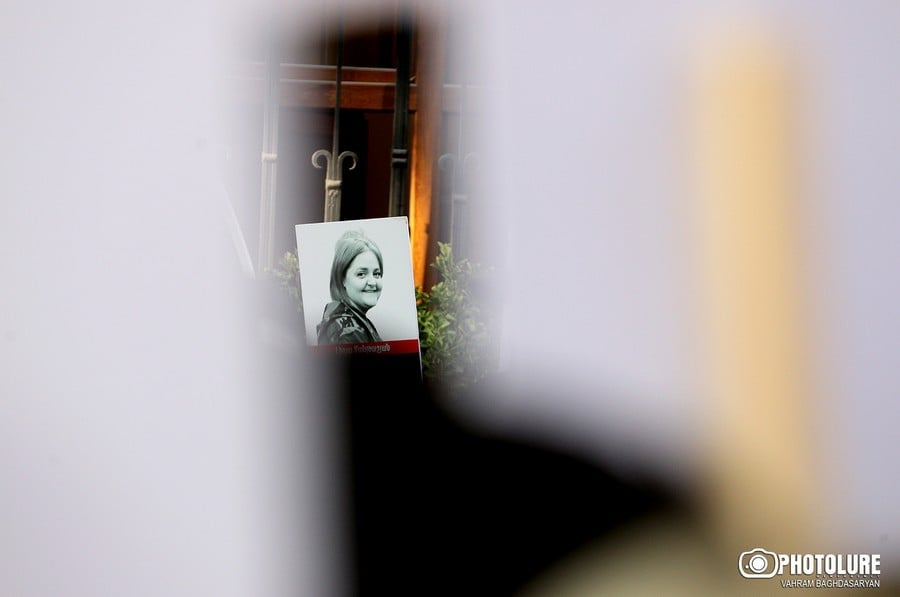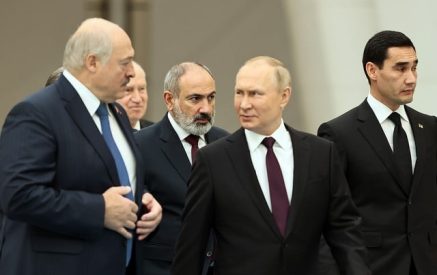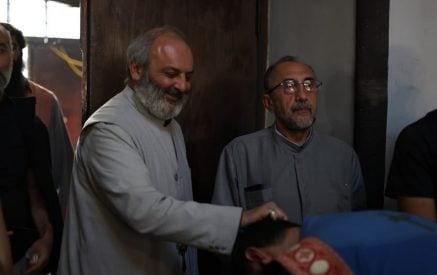Genuine feminism—as both an ideology and a struggle for equal rights for men and women—is, in my view, a welcome phenomenon and an important expression of civil society. In that sense, you may call me a feminist. But alongside real feminism, there is also an extreme, “leftist” strain—a kind of exaggerated, performative hostility. For example, when giving up your seat to a woman on public transport is treated as an insult: “Would you have offered it to a man? If not, then you don’t see us as equal.”
There is also what I would call “NGO feminism,” where organizations receive Western grants to monitor, for example, “gendered misinformation.” Under this logic, female ministers and MPs must not be criticized—despite the obvious fact that the criticism is directed at their political or administrative actions, not their gender.
Yet when Lydia Mantashyan, an activist from the “Holy Movement,” spends five months in detention and then receives another three under a fabricated “terrorism” charge—while visitation is restricted to only her mother and sister—the organizations that claim to defend women’s rights do not utter a single word. Why? Because no one gives grants for defending Lydia.
And why don’t they? Because Armenia is portrayed as a “bastion of democracy.” And anyone who dares to challenge the self-proclaimed architect of that “bastion” is immediately branded a Russian agent or a Putin spy. Against this backdrop of “high politics,” the actual mistreatment of a woman—the punitive actions ordered from above and carried out through detention—is dismissed as entirely irrelevant.
Read also
But I keep thinking: is it really impossible to defend human rights—and especially women’s rights—without grants that are clearly distributed on the basis of political calculation? Is it not possible to defend women simply out of human solidarity and compassion? Of course, even if a women’s organization were to issue a statement, it is unlikely that Pashinyan would reverse his directive or abandon political revenge. But such an act of solidarity would at least show that we have a civil society—not just NGOs.
Aram ABRAHAMYAN























































